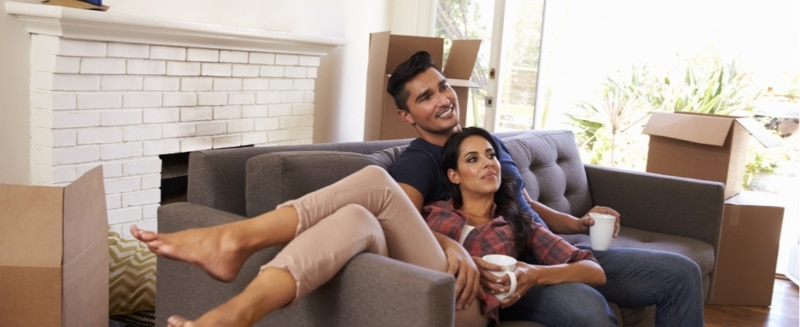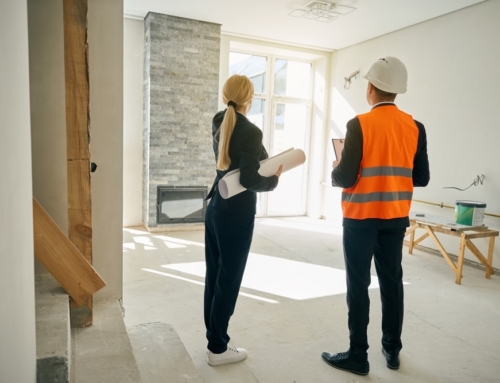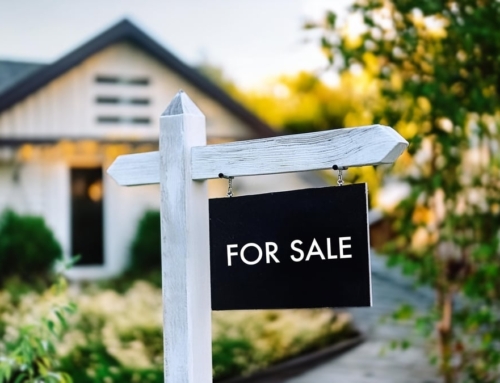Why you may not need a full 20% down payment before buying a home, especially if it means draining your savings.
Q: I’m looking to buy a home where the typical property sells for about $200,000. I have saved up about $25,000. Should I wait until I have $40,000 to buy the home or try and to buy it now and pay private mortgage insurance (PMI).
A: We love that you’re thinking about buying a home – and not waiting until you have a 20 percent cash down payment. Because that’s what we think, too. While that answer might seem a bit counterintuitive – mostly because of the cost of private mortgage insurance – we think you’re better off buying sooner if you can than waiting until you have 20 percent in cash in a bank account.
Let us explain. When you obtain a mortgage and don’t have a 20 percent down payment, you generally pay more in fees to the lender. One of the charges you get hit with will be a private mortgage insurance payment. PMI allows you to get approved for the mortgage but the lender buys this insurance, bills you for it but it’s the lender that benefits from the insurance policy. If you default on your loan and the lender fails to get repaid in full on what the lender is owed, the mortgage insurance company will pay the lender that portion of the loan losses above the original 80 percent loan to value amount.
But if you take all the cash on hand and use it as the downpayment on your home, you’ll be left without any savings. We don’t think it’s a smart idea to start off your years of homeownership without any cash. You’ll need some savings to cover unexpected house expenses (and there will be some) or other sorts of emergencies. What happens if you lose your job? You’ll need some cash to cover your mortgage payments during your time of unemployment.
But above all, there is a level of stress that you and other people can have when you don’t have any money in the bank and you’re living paycheck to paycheck.
Sam recently was talking to a mortgage broker and he told Sam that he sometimes tells his clients not to take out a 15-year loan or to put down too much money on a home when he perceives that the client will stretch themselves out too thin and have little savings left in the bank. While you usually want to lower your financing costs when you buy a home, sometimes it might be better to keep some savings in the bank and pay a little more each month. You can always pay down the loan later down the line or refinance down the line when you have more savings.
So, buy your house sooner, and don’t worry about taking out a low down payment loan. You do want to minimize the expenses of the purchase (so be sure to shop around for the best loans) but you don’t want to leave yourself house rich and cash poor (with greater financial stress and little peace of mind) at the outset.







Leave A Comment